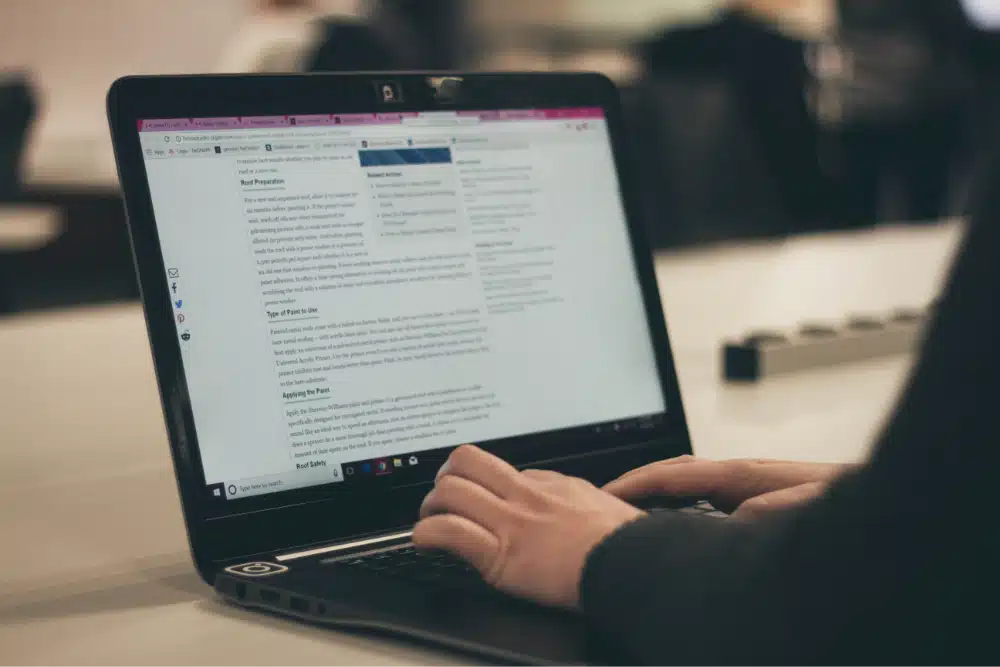

Posted on April 26, 2024
Plagiarism is a critical concern in the realm of academic writing. Understanding what constitutes plagiarism and adopting best practices to avoid it are essential skills for students and researchers. This blog post provides a comprehensive guide on plagiarism and illustrates how tools like https://academicwriterdirect.com/ can be instrumental in maintaining academic integrity.
Plagiarism involves using someone else’s work or ideas without proper attribution, presenting them as one’s own. This can range from copying text verbatim to paraphrasing someone’s ideas without credit. Understanding these nuances is the first step in avoiding plagiarism.
Plagiarism takes various forms, including direct copying, patchwriting, self-plagiarism, and paraphrasing without credit. Providing examples of each helps in recognizing and avoiding these pitfalls.
The repercussions of plagiarism extend beyond academic penalties. It can damage a student’s reputation, academic record, and future career opportunities. Emphasizing these consequences underlines the importance of academic honesty.
Technological tools play a significant role in helping avoid plagiarism. Academic Writer Direct, for example, assists in organizing research, citing sources correctly, and checking for potential plagiarism, thereby fostering a more ethical writing process.
Offering educational resources on plagiarism and academic writing is crucial. Academic Writer Direct provides access to tutorials, guides, and expert advice, helping students understand and avoid plagiarism comprehensively.
Understanding and avoiding plagiarism is a cornerstone of academic writing. Tools like Academic Writer Direct not only aid in detecting and preventing plagiarism but also provide the resources and support necessary to develop as ethical and responsible writers. Embrace these tools to ensure the integrity and excellence of your academic endeavors.
Educators and institutions play an indispensable role in teaching students about plagiarism and how to avoid it. Academic Writer Direct can be integrated into academic curriculums to foster a culture of integrity.